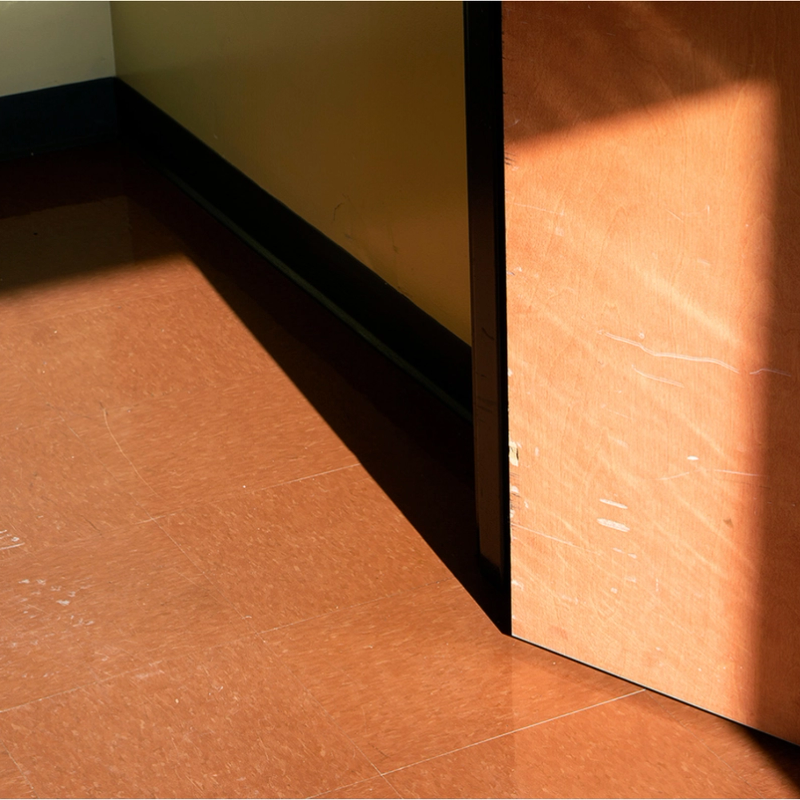Author’s Note
by S. S. MandaniPage time expresses priorities. Naming something in a story gives it power, but the opposite can also be true. By subverting the notion, by keeping something deliberately off the page, we call it to attention. In the case of my short story, the word jihad is only spotlighted in its title, “Greater Jihad.”
The question this act of craft poses to the reader is why?
It isn’t the name that wields the power, but the naming of it. The restraint of naming then is the ultimate practice in exercising the power of its definition. The word jihad has become synonymous with a more heinous meaning in the last two decades. Wars have been incited and fueled by claiming its supposed mandate: Holy War. It has been misused, misappropriated, and misrepresented by extremists—media and individuals parroting warped ideas. Heartrendingly, it has been misunderstood. “Greater Jihad” is my attempt at reclaiming the esoteric meaning of the word, restoring the groundwork of its original purpose.
At the core, greater jihad in the Sufi, Ismaili, and mystical Islamic tradition concerns the daily struggle. Good and bad. About how we might strive to live a quality life through our decisions and actions. Our convictions, even. The word isn’t mentioned once in “Greater Jihad” because it would be redundant. It is the very fabric of the story. A story about difficult decisions.
Toward the end, our narrator mentors a twelve-year-old girl who is his mirror. Other than in age, she isn’t much different, but the world’s obligations have placed our narrator in the role of “mentor,” and so he is compelled to reach for better judgement. That gut check, that reach for compassion and guidance, is baked into him through the major influences in his life: the family ideals imparted from his father, mother, and grandfather; his spiritual tradition; and his lived experience in “The Big City.”
Jihad is struggle. An everyday, ever-present, moment-to-moment process of decision-making. It is breathing, striving, prospering. Acts of good faith. It is stumbling, rejiggering, falling short. It is checking in with the self and the world around. Self-care and self-management. It is asking questions when questions may cause trouble for the status quo but strike at something deeper—a cutting truth. It is consideration. It is failure. It is death and dying and life and living.
So, when someone takes jihad as its superficial moniker for Holy War, stirring up images of men in black masks who are anything but Muslim, it is a disconnect for me. That is not the word. That word on TV is a distortion. It isn’t its true meaning. And it is not its true purpose. By unnaming it, I set my aim at the universality of day-to-day urban living. Of the heightened state that being brown in the city simulates, echoing a dream or nightmarish quality. It is the part of ourselves we are constantly questioning and reshaping, hopefully leaning toward compassion, maybe considering moments of our subpar selves, but ending in light, a nod toward hope.

